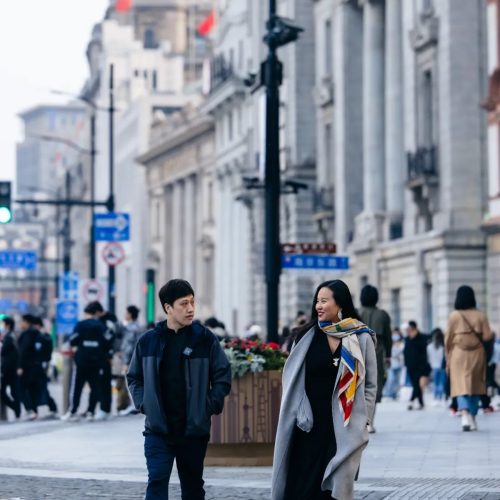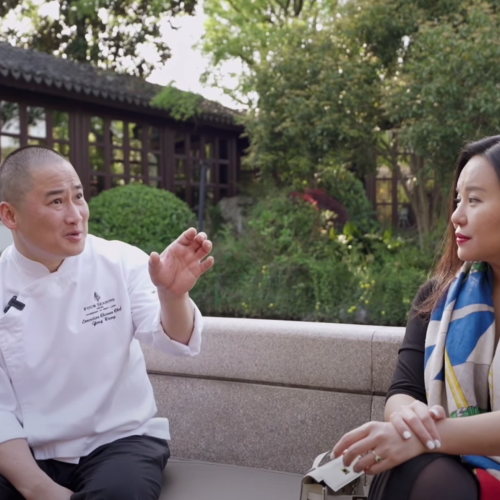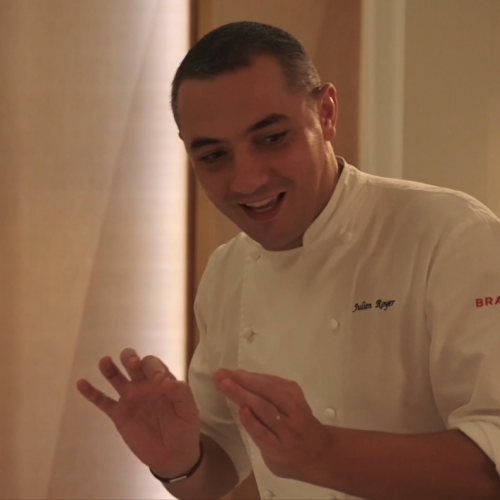
Iris, nestled inside the Salmon Eye in the Hardanger fjord, offers an exclusive dining experience. Each night, a limited group of 24 guests embarks on an unforgettable journey, beginning with an electric boat tour of the fjord and culminating in an extraordinary 18-course dinner with panoramic views.

Central, the flagship Lima restaurant of chefs Virgilio Martinez and Pía León, is crowned in the No.1 position, followed by Disfrutar (No.2) in Barcelona and Diverxo (No.3) in Madrid.
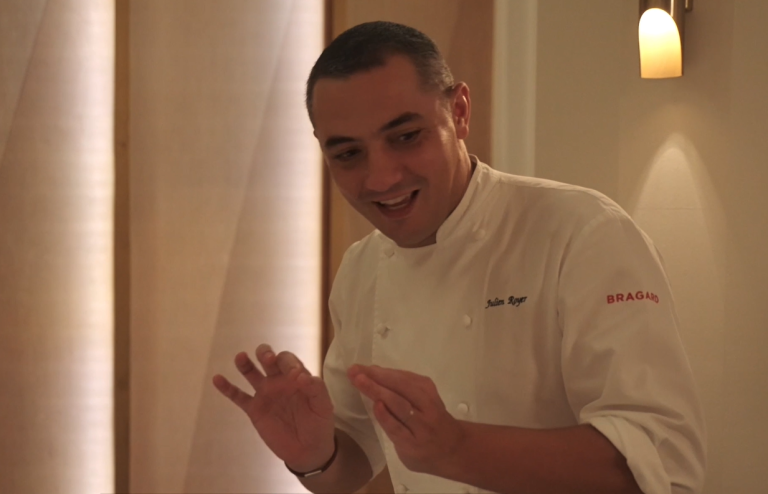
Opportunities to visit Singapore may be scarce, but every time I do, Odette restaurant always comes to mind. The exquisite cuisine and refined dishes have left a lasting impression on me, while the elegant and minimalist ambiance continues to captivate me. At Odette, I had the pleasure of savoring the unique and delicate French cuisine crafted by Chef Julien Royer. The service, as well as the food, moved me and filled me with warmth.
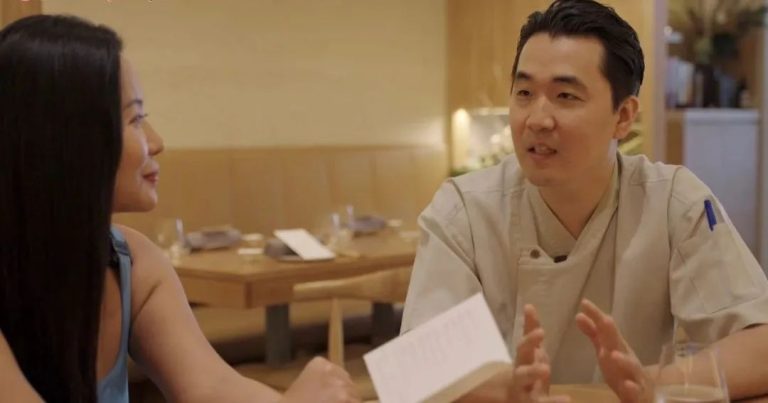
For this spring/summer menu, Chef Louis Han stages a theme of Front Yard Barbecue, built on the fondest of memories from his barbecue gatherings back home. Think hot and plump grilled meats, fresh and succulent vegetables and a colourful array of side dishes. Wouldn’t it be hard not to fall in love with all that deliciousness?
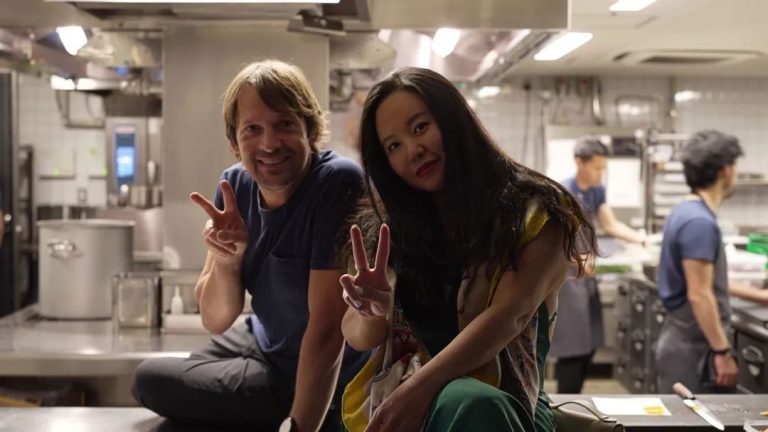
It's been a few years since I wrote about Noma again, and I've really thought it through. The new Noma 2.0 cookbook contains dishes spanning two seasons, evoking memories of the past. As it has for years, the restaurant explores the possibilities of a full range of ingredients, presenting the best of them conveyed through an unimaginably elaborate process that is both wild and traditional, unpretentious but time-consuming. In the spirit of Noma 2.0, the Kyoto pop-up pays true homage to the city’s profound history and diverse culture, with local approach in ingredient selection, preparation and presentation.
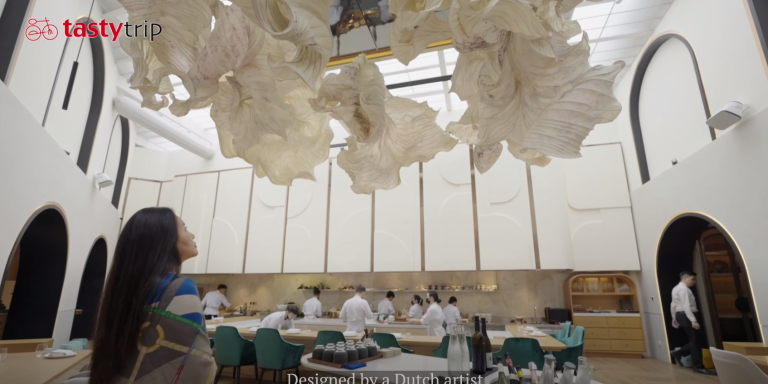
In Singapore, Restaurant Born has been ranked among the Asia’s 50 Best Restaurants for its first entry in less than one year after opening. Chef Zor Tan is a great mentee of André Chiang and is well versed in the knowledge, flavours and techniques of both French and Chinese cuisines. He brings to life the characteristics of both cuisines in his own way and tasting his food is like appreciating a beautiful play.
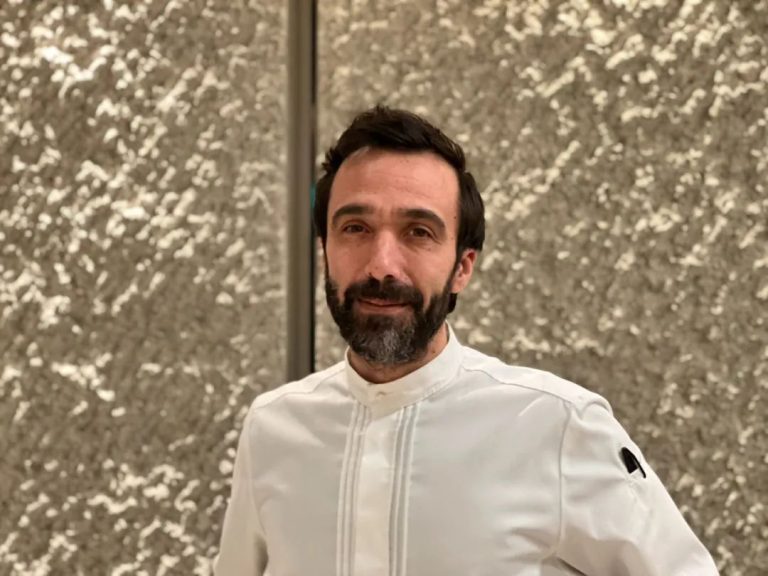
Esquisse, meaning “sketch” in French, is more than a name. An artistic theme runs throughout Esquisse, from the bright and airy decor through to the elegant presentation that seems to bear the poetic come and go of things. Opened in Tokyo’s luxury Ginza district in 2012, Esquisse was awarded two Michelin stars five months after opening. Deeply influenced by Japanese philosophy, Lionel Beccat’s cooking is about changing the way of thinking and creative growth, leaving guests to define his dishes. For me, Esquisse is undoubtedly one of the iconic restaurants to visit in Tokyo.
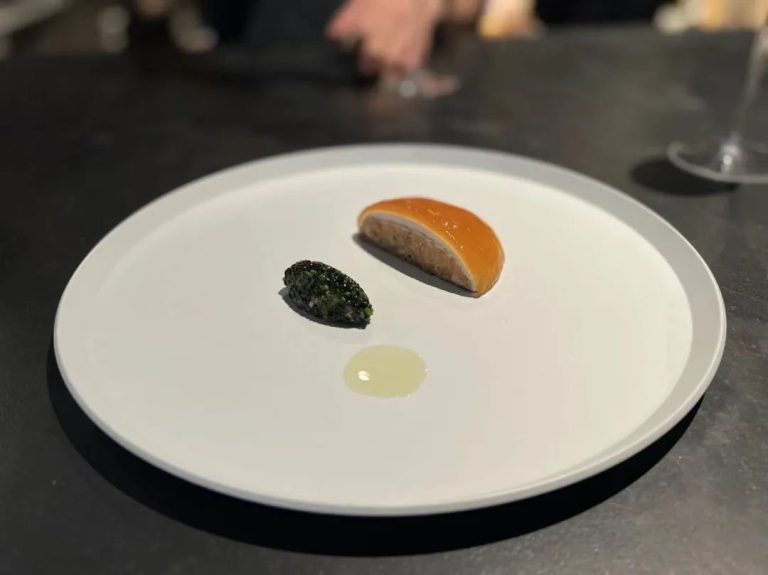
Kawate is clear in his goals and bold in his approach, especially in the early focus on sustainability before the market took it as a trend. His signature 'sustainability beef' carpaccio is taken from the meat of mature, 13-year-old breeding cows from Takasaki, which was an avant-garde dish at the time. Now Kawate's pursuit of sustainability is even more evident. Not the first of its kind in Japan, Florilège is an intimate experience set around a counter where the chefs cook everything right in front of the guest, with full attention to detail to provide top-notch hospitality. The space is far more spacious than it looks in the photos. It is a theatrical ringside setting where the chef is the star of the show.
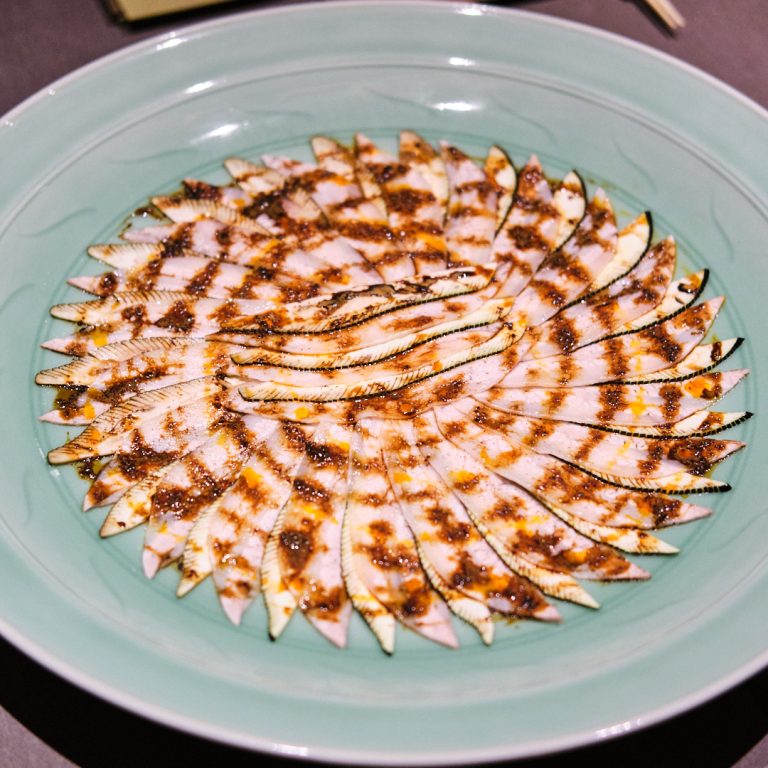
Kawada says, Japanese cuisine is about water and Chinese cuisine is about fire. The combination of the two is perfectly interpreted at Sazenka, where Chinese cuisine and kaiseki cuisine meet. He reinterprets Chinese flavours with sublime colours and impeccable aromas, imbued with warm hospitality and authenticity.
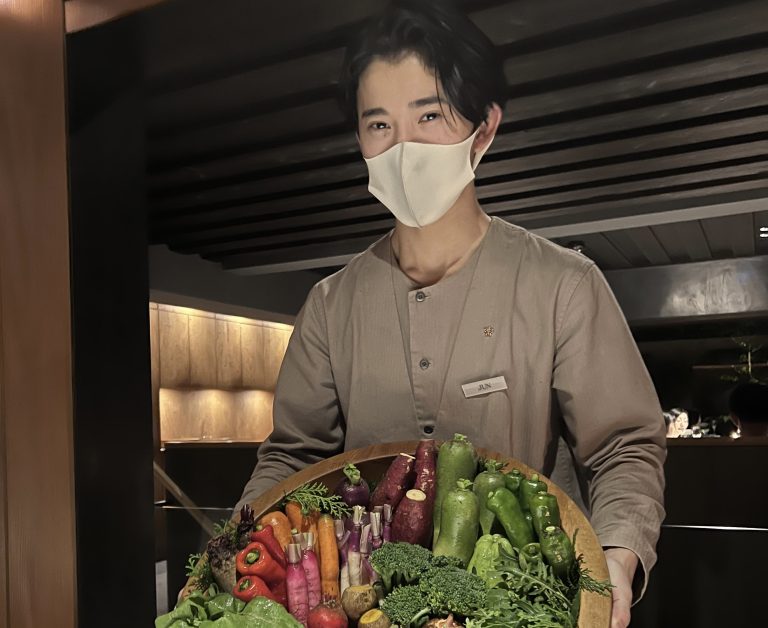
Having studied Politics of developing countries at Keio University - one of the top private universities in Japan - Chef Namae came to the culinary world with critical thinking and a philosophical mind. Apart from playing rock music and wanting to become a journalist, he worked in Hokkaido, South France and The Fat Duck in the UK before finally opening his own restaurant which was destined to be special.











